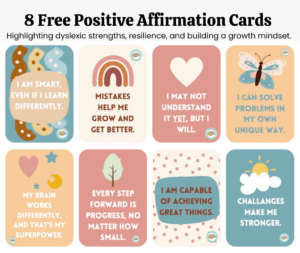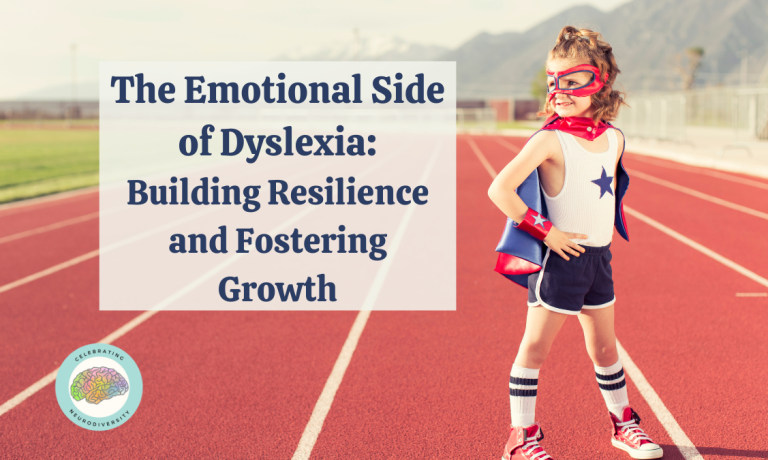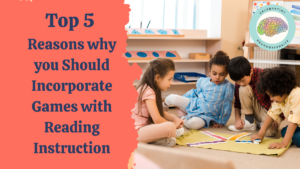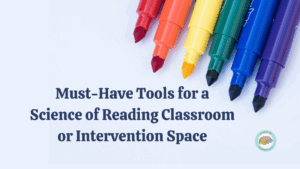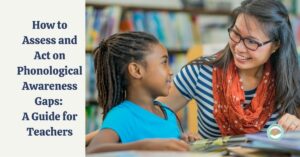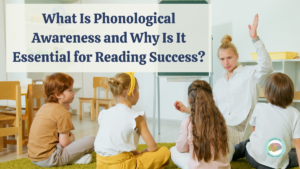As someone who has dyslexia, I understand the emotional toll it can take. Growing up, I faced struggles in school, from decoding words to keeping up with my peers in reading and writing. The frustration and anxiety were overwhelming at times, and I often felt different from everyone around me. However, I’ve come to realize that while academic intervention is essential, it’s equally important to build self-confidence and help children understand the strengths that come with dyslexia.
In this post, I want to explore not only the emotional side of dyslexia but also the importance of fostering a growth mindset, building resilience, and recognizing the unique strengths that dyslexia can bring.
Understanding the Emotional Impact of Dyslexia
Students with dyslexia often struggle with feelings of anxiety and stress, especially when faced with tasks that require reading, spelling, or writing. This can lead to self-esteem issues and a growing dislike for school. As someone who has been through it, I can tell you that dyslexic students need their emotional challenges recognized and validated, just as much as their academic struggles.
I know now that this feeling of being “different” is something many dyslexic students experience, and without proper support, it can lead to long-lasting emotional challenges. That’s why it’s so important for educators, parents, and caregivers to be proactive in supporting the emotional well-being of children with dyslexia.
Fostering a Growth Mindset in Students with Dyslexia
Throughout my journey, one of the most valuable lessons I learned was the power of a growth mindset—the idea that intelligence and abilities can be developed through effort, perseverance, and learning from mistakes. This mindset is especially important for students with dyslexia.
One way to foster this mindset is through positive affirmations. Positive affirmation cards can be a simple yet powerful tool for reinforcing this way of thinking. For example, phrases like “I am capable,” “I am resilient,” and “I can overcome challenges” are reminders that even though the road may be tough, they have the ability to succeed. I have included a free download below of positive affirmations geared toward people with dyslexia.
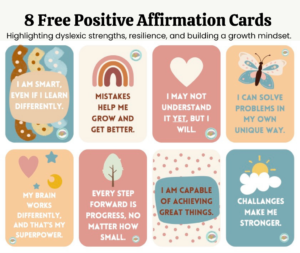
Supporting Mental Health and Emotional Resilience
Through my own experience, I learned how essential it is to have tools in place to manage stress, frustration, and anxiety. Incorporating mindfulness and self-care practices can make a huge difference in a child’s emotional well-being.
Mindfulness exercises, such as deep breathing and simple movement exercises, can help students manage their emotions, especially during stressful moments in school. These practices should be added to the child’s toolkit to allow students to pause, reflect, and reset, which is crucial for maintaining emotional balance.
Additionally, emotion check-in charts can be a useful tool. By allowing students to express their feelings in a visual way—whether through pictures, words, or colors—teachers and parents can better understand when a student might need additional emotional support.
Journaling is another excellent tool for emotional reflection. By encouraging students to reflect on their day, their victories, and their challenges, we can help them recognize the progress they’re making—both academically and emotionally.
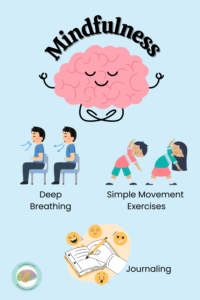
Building Emotional Resilience
Building emotional resilience is crucial for students with dyslexia. Resilience is what helps us bounce back from setbacks, and it’s something I had to develop in order to navigate my own struggles. It’s important for students to understand that while their challenges may be tough, they are building strength and perseverance with every obstacle they overcome. This is a crucial life skill and one as an adult I see as an advantage to dyslexia.
For me, having a strong support network made all the difference. I had the help of a private tutor who believed in me, teachers who helped me in school, and a family who supported me every step of the way. These support systems are essential for any child with dyslexia. Encouraging students to reach out to their teachers, parents, and peers for support can make them feel less alone in their journey. Networking with other families helps build a strong support system. Decoding Dyslexia is a parent-led dyslexia network that has chapters across the country.
Celebrating Dyslexic Strengths and Neurodiversity
While we often focus on the struggles associated with dyslexia, it’s just as important to celebrate the strengths and unique abilities that come with neurodiversity. Dyslexic students often excel in creative thinking, problem-solving, and innovation. It’s something I learned to embrace in myself, and I believe it’s critical for students to recognize that dyslexia is not a weakness, but a different way of processing the world.
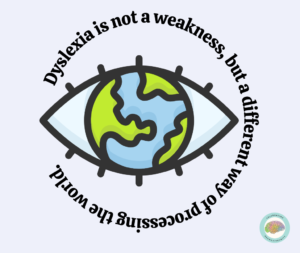
We need to celebrate these strengths in our students and help them see that being dyslexic doesn’t define their limitations. It’s part of what makes them unique. Every small victory, whether it’s mastering a new word or staying calm during a difficult classroom experience, deserves recognition. These moments build confidence and remind students that they are capable of greatness.
Dyslexia- Famous People
As part of encouraging the strengths of dyslexia, I love to share stories of successful dyslexic individuals—people like Albert Einstein, Henry Winkler, Patricia Polacco, Steve Jobs, and Whoopi Goldberg. These individuals faced similar struggles but went on to achieve greatness in their fields. By sharing these stories, we help children understand that dyslexia is not a barrier to success; it’s simply one part of their journey.
Conclusion
The emotional side of dyslexia is a significant, often overlooked aspect of a child’s experience with reading struggles. As someone who has lived through it, I believe deeply in the importance of addressing both the academic and emotional needs of students with dyslexia. By fostering a growth mindset, building resilience, and celebrating the strengths that come with dyslexia, we can help children not only manage their emotions but thrive in the face of challenges.
Dyslexia is just one part of who these students are—it doesn’t define their potential or their future. With the right support and encouragement, they can achieve incredible things, just like the many dyslexic role models who came before them. Let’s continue to nurture both their minds and their hearts, giving them the tools they need to succeed in every aspect of life.
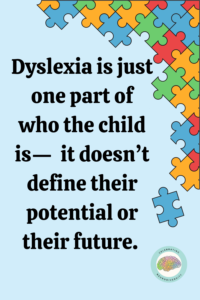
Additional Resources
Other Blog Posts I have Written
- Spotting Dyslexia in Preschool: What Parents Need to Know and What They Can Do
- Dyslexia Awareness Month: 31 Days and 31 Facts
- Dyslexia- A Personal Story
- How to Identify Signs of Dyslexia in Children so You Can Help Them Succeed
- Are You Prepared to Have a Student With Dyslexia in Your Classroom This Year?
More Places to Find Information
- Decoding Dyslexia is a parent-led dyslexia network that has chapters across the country.
- For more tips on supporting children with dyslexia emotionally and academically, check out this helpful guide on Understood.org.
- The International Dyslexia Association provides a wealth of information on the emotional and social challenges students with dyslexia face and how to support them
Don’t forget to download the positive affirmation cards 🙂
